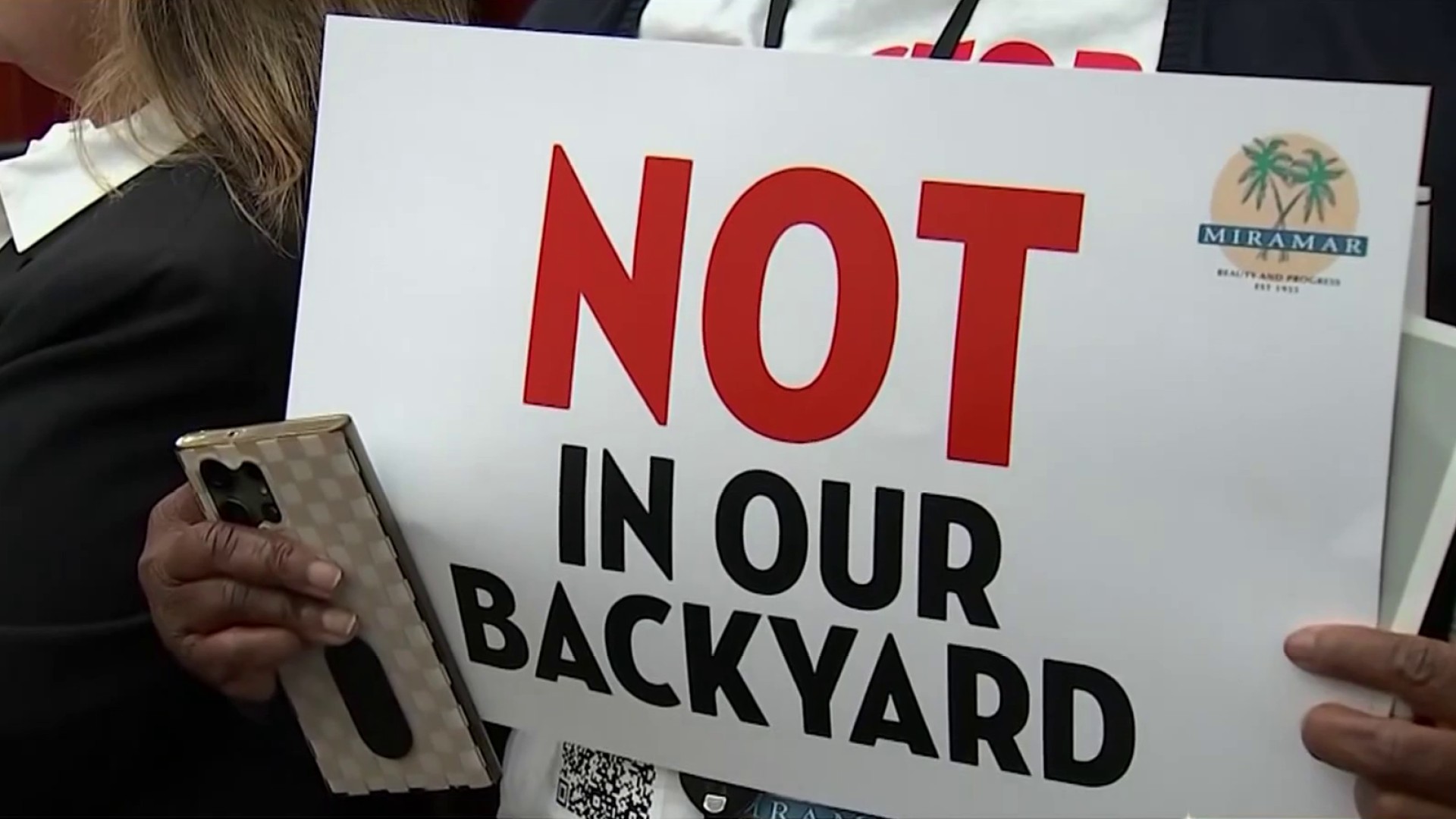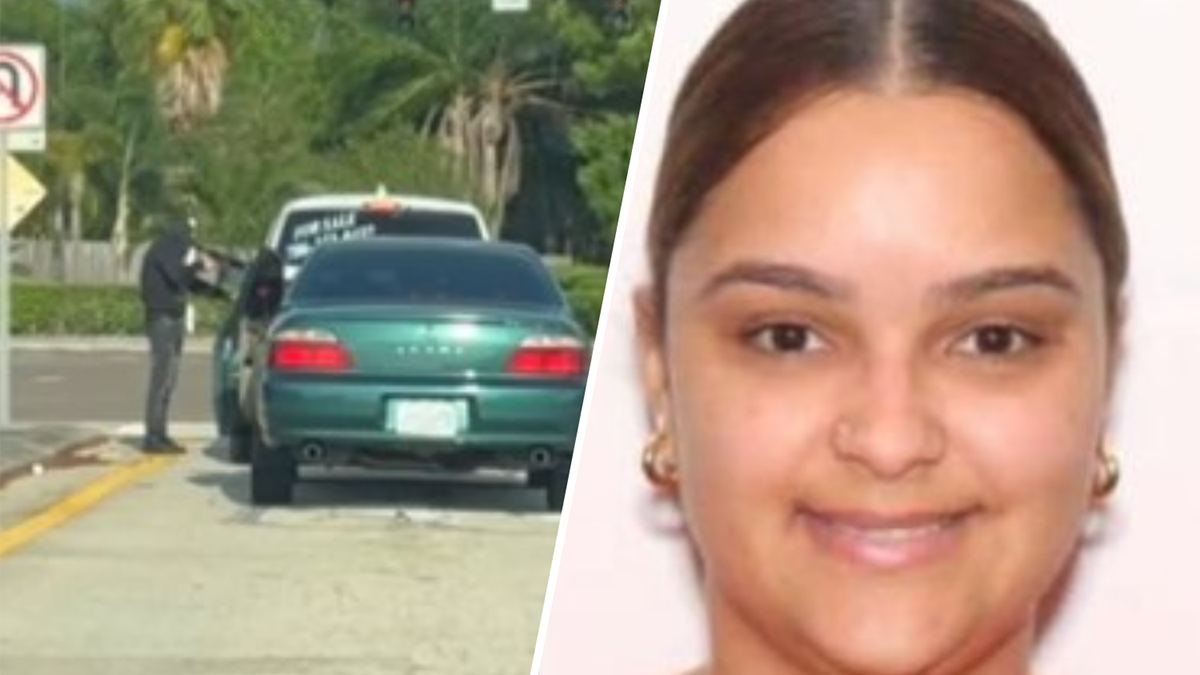Superheros are supposed to be the figures of comic books and legends, but seven Miami paramedics became more than mortal men after taking a trip and an idea to Haiti.
The group turned a simple delivery truck into a rescue vehicle that saved the lives of hundreds of Haitians critically injured after the Jan. 12 earthquake and helped unite the international medical crews who came to aid the island nation.
They are being called the Magnificent Seven. They prefer to be called paramedics.
"We aren't superheros. We were just the lucky ones to be there at the right time," said Alex Saavedra, who helped convince a missionary to lend his delivery truck for relief efforts. "We were trained to go out and get people and no one was doing that. So we hopped on the truck and said, "Let's do it.'"
Saavedra, his brother Michael, and five others arrived in Port-au-Prince on Jan. 18 with a group from the University of Miami to help work in the university's temporary medical hospital. But the team of medics spent very little time in the two tents that served as housing for critically injured Haitians.
Within hours of landing, the group found a man with an old delivery truck, spray painted the word "AMBULANCE" on the side of it and hit the city streets, navigating through the chaos to locate, transport and even rescue injured people.
Few ambulances were even available to pick up the injured and those that did go out into the streets, made sure they had heavy military guard.
Local
Not the Magnificent Seven. They were armed with only IV bags, bandages, stretchers and medicine.
Saavedra, 26, said the group saw every injury imaginable, including a woman who was trapped under a building. She was pregnant.
Like superheros, they sprung into action and pulled the barely-conscious woman from the rubble on the roadside. The trauma caused the woman to go into labor prematurely in the makeshift ambulance.
The team of medics cut off the woman's clothes and tried to stabilize her. They made it to the nearest tent hospital just as the baby's head was appearing.
"We went all over the city with no maps and we grabbed up as many people as we could," Saavedra said. "A lot of these people would have died from infections or just bleeding to death. People were desperate. We just wanted to help."
The ambulance did more than pick up the injured. It also served as a go-between for the hospitals of different nations.
If the Israeli hospital had a patient that needed critical care, but did not have the right tools for the job, the ambulance would take the patient to the Mexican tent across the city. They would also deliver medicine. Many of the deliveries were a matter of life and death.
"It was really chaotic. People didn't believe us at first because no one else was coming to them," he said. "I have never seen anything like it before. It’s not as easy as giving somebody a ride."
The Magnificent Seven served as Haiti's ambulance for a week. The last of the group arrived back in Miami on Monday, but they plan to go back in February. Already, their story has inspired others to donate to the relief effort.
The American Medical Academy in Kendall has donated a blood bank truck that will be going to Haiti as a suitable replacement for the delivery truck that became the Magnificent 7's version of the Batmobile. Saavedra said he also hopes to bring food, clothes and medical supplies back to Haiti when he returns.
"The experiences in the first 24 hours were amazing. You can' put a price on that," he said. "It was a great experience."



